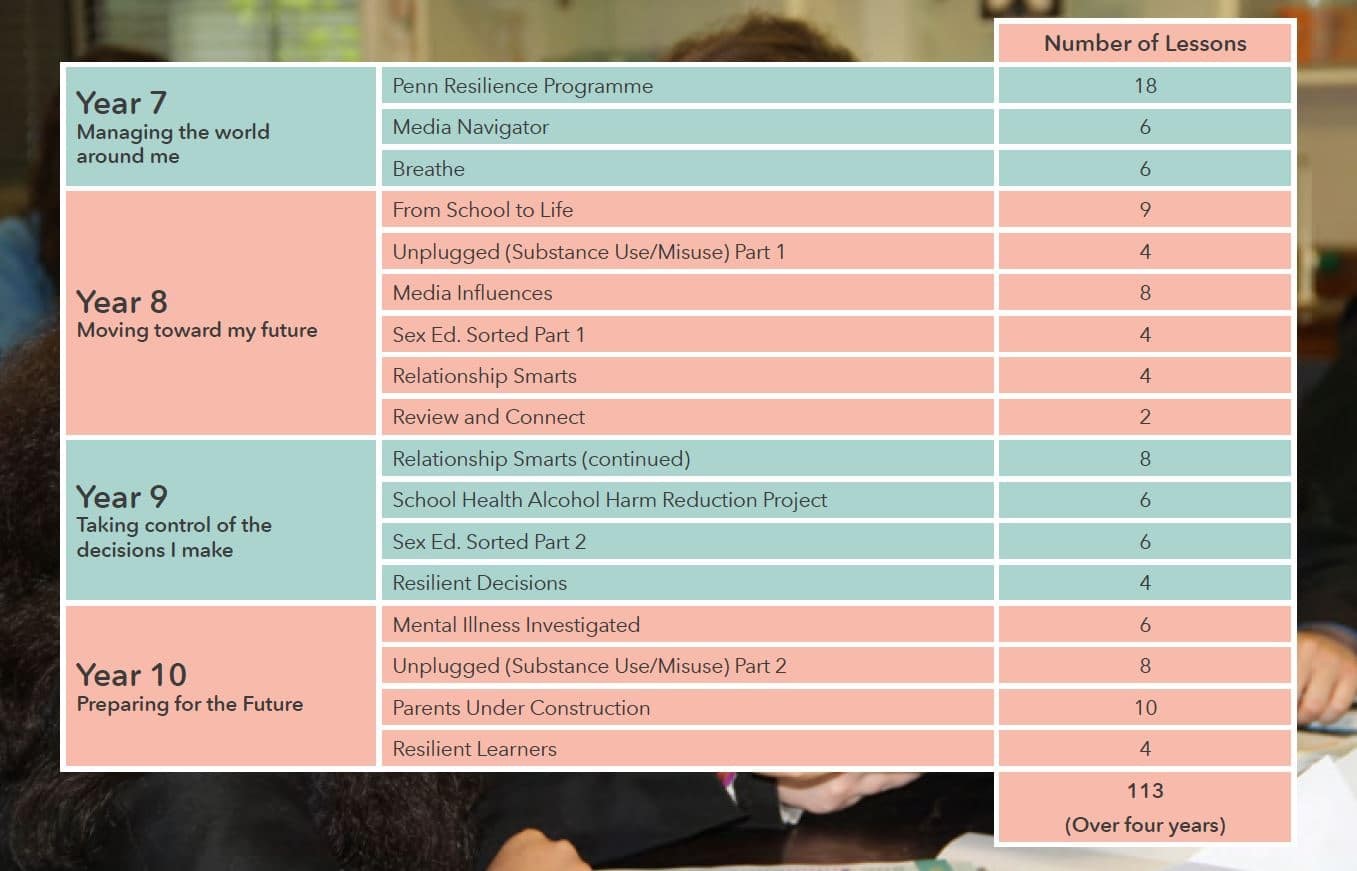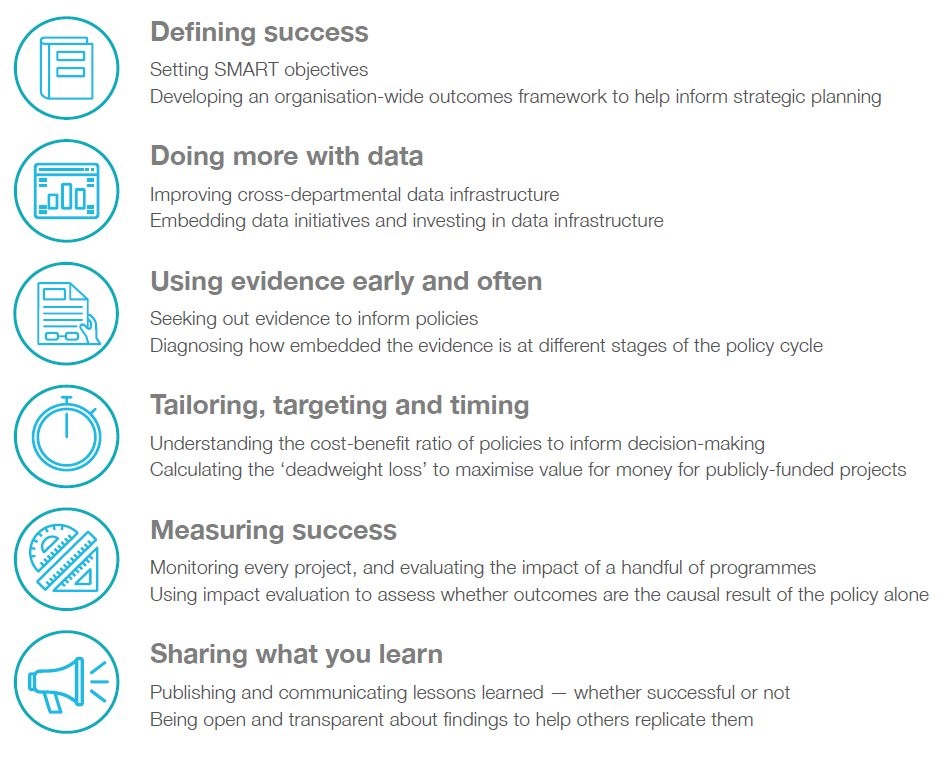What’s happening across the What Works Network?
This week, we’re giving a round up of wellbeing-related trials and projects from across the What Works Network. As a network, our work aligns to answer relevant policy and practice questions, and the Centres often collaborate. We will be sharing more of the Centre’s projects and research planned for 2020 in early January.
Wellbeing evaluation platform: invitation to tender
We are looking for someone to carry out a Rapid Evidence Assessment and identify, collate and appraise impact evaluations at NESTA level 2 – these require a comparison of pre- and post-changes as a minimum. The evaluations will be submitted from a range of sectors. They will also use at least one of the ONS4 personal subjective wellbeing measures as a primary outcome.
What Impact Evaluation research has been carried out to assess the impact of Wellbeing interventions that use at least one of the ONS4 Personal Subjective Wellbeing measures? – Office for National Statistics
With this project we are testing a way to build the evidence base for wellbeing policy and practice.
We aim to:
- Increase the reach of the growing body of quantitative wellbeing evaluation findings generated by charities, academics, government and public sector and the private sector.
- Support voluntary and community organisations, social enterprises, and charities to use high-quality evidence when designing wellbeing interventions.
- Fill gaps in the evidence base by identifying research gaps and working with partners to fill them.
- Promote the use of evidence on what works to design or commission activity, and support systematic collaborations among evidence users.
While this project focuses on a specific type of evidence and measures, as a Centre we are also interested in other measures of wellbeing, such as loneliness and social capital. Additionally, we look at other types of evidence from earlier stages, as well as qualitative evidence.
You can check our methods guidance to see how we currently work with qualitative evidence to bring together the global evidence base on wellbeing.
Here’s a round up of wellbeing relevant trials and projects from across the What Works Network.
Evidence use and lifelong wellbeing
We’ve worked with Early Intervention Foundation, Education Endowment Foundation and the Centre for Ageing Better to look at wellbeing across the life course and how evidence is used in local authorities.
Education and wellbeing: Healthy Minds Trial
We wrote in September about the Randomised Controlled Trial being carried out by Bounce Forward, and funded by the Education Endowment Fund.
It looks at the effect of cognitive behavioural therapy on pupils’ wellbeing, resilience and motivation. The programme is based on evidence that suggests that non-cognitive skills are as important as cognitive skills in determining academic results, and that children from poorer backgrounds tend to have weaker non-cognitive skills than their better-off peers.
An evaluation report covering academic outcomes will be published in Spring 2020.

Policing and wellbeing: Mindfulness training trial
Another Randomised Control Trial, this one investigated the resilience and wellbeing of more than a thousand police officers and staff. It led to the roll-out of a free online mindfulness package to the service.
The figure below shows the difference between pre-intervention and 24-week post intervention scores on all outcome variables (Y axis) for the Headspace, Mindfit Cop and control groups (X axis).

Related: Read the Centre’s evidence on wellbeing training in the workplace
Disadvantaged places
In 2019, the What Works Network came together to use its collective expertise to support evidence-based policymaking in Grimsby and Wakefield to improve outcomes for people in the long-term. In October, What Works Local Economic Growth launched the Evidence-based policymaking in disadvantaged places report pulls out the key learning from this collaboration, culminating in six focus areas.

Children’s social care and wellbeing: Happier, Healthier Professionals trial
In this six-month trial, which ended in November, was designed by academics at Royal Holloway and tailored by the What Works Centre for Children’s Social Care. It tests whether giving social workers licence to allocate time to a six-week online programme of goal-setting exercises reduces time pressure and increases wellbeing.
Read the research protocol and find out more.
Related: Read the Centre’s evidence on what makes a high quality job
Homelessness and wellbeing: SHARE framework
The Centre for Homelessness Impact will be launching the indicators for the SHARE framework in early 2020. Within the framework the fourth priority area – Relational – looks at how to meet the basic needs of connecting people, which evidence shows is a key aspect of individual and community wellbeing. It includes relationships among
- family members and neighbours
- individuals and place or their local areas
- individuals within and between organisations.
Read more about the conceptual framework.
Related: Read the Centre’s evidence on places, spaces and wellbeing.
Increasing impact across the What Works Network
There have been five What Works Network Summits focusing on various issues, from local economic growth to youth homelessness. The summits showcase leading research by What Works Centres and others, and how they might be applied across the devolved nations of Wales, Scotland and Northern Ireland.
